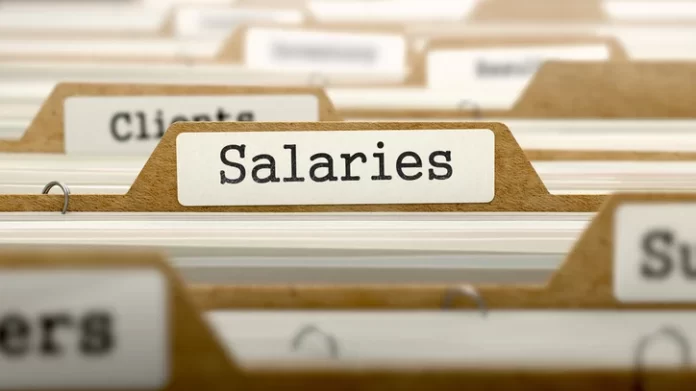ISLAMABAD: The Senate Standing Committee on Finance and Revenue on Saturday recommended a 50 percent increase in salaries for government employees, a rise in pensions, removal of import duties on solar panels, and major tax relief on small vehicles as part of its review of the Finance Bill 2025.
The committee, chaired by Senator Saleem Mandviwalla, submitted over 200 recommendations, including 133 amendments to the Finance Bill, 48 general proposals, and 21 related to Public Sector Development Programmes. These recommendations were presented in the Senate and forwarded to the National Assembly for consideration.
However, they remain advisory in nature and are not binding on the government.
The committee proposed raising government employees’ salaries by 50 percent, instead of the 10 percent suggested in the budget, and a 20 percent increase in pensions for retired employees, compared to the proposed 7 percent. It also recommended increasing the minimum monthly wage from Rs37,000 to Rs50,000 and doubling the Employees’ Old-Age Benefits Institution pension to Rs23,000.
Income tax exemption was proposed for salaried individuals earning up to Rs1.2 million annually. The government had earlier proposed a 1 percent tax rate on annual income between Rs600,000 and Rs1.2 million.
To support renewable energy, the committee called for abolishing the 18 percent sales tax on solar panels. It rejected the government’s proposed carbon levy, recommending it be restructured as a tax instead. The change would allow provinces to share in the revenue, as levies go entirely to the federal government.
For the auto sector, the committee proposed reducing the sales tax on vehicles under 850cc from 18 percent to 10 percent. It also suggested a 10 percent tax on agricultural income exceeding Rs5 million annually and on landholdings above 12.5 acres.
Additional recommendations included waiving the circular debt surcharge for electricity users consuming up to 200 units per month, removing tax on stationery items, and reducing sales tax on homoeopathic medicines from 18 percent to 1 percent. The committee also proposed eliminating the 3 percent additional tax on grand chicken, cutting excise duty on beverages and juices by 15 percent, and removing 2 percent income and sales tax on online purchases.
The panel supported structural reforms such as equalising tax rates for property buyers and sellers, fixing the withholding tax between 1.2 and 2 percent for the construction sector, and increasing the conveyance allowance for disabled workers from Rs6,000 to Rs10,000 per month.
It recommended a 50 percent reduction in indirect taxes, including GST, customs duty, and sales tax, to ease the financial burden on consumers, while also urging the withdrawal of tax exemptions for the elite. Other proposals included ending the designation of construction contractors as withholding agents, allowing up to 40 percent of contract values to be transacted in cash, and exempting essential items like flour, pulses, and medicines from GST.
The committee also called for increasing the Higher Education Commission’s budget to Rs80 billion and reducing sales tax on tractors to 5 percent. It proposed that surplus cash reserves of public entities be placed under the Finance Division’s control for better public use and urged the extension of concessional withholding tax rates to the print media.




